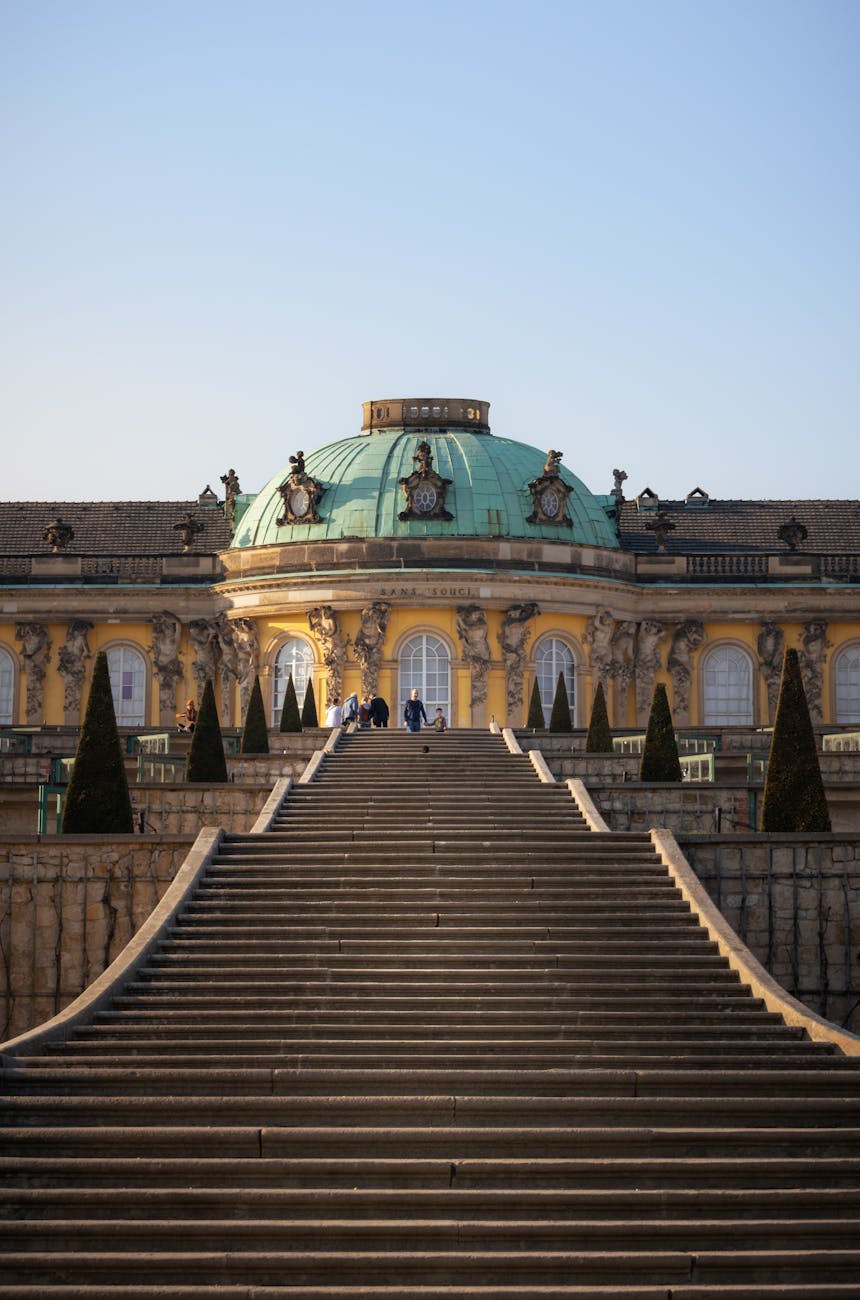The Intricacies of a State Banquet Guest List
State banquets are not just about the lavish dining and exquisite menus; they serve a deeper purpose rooted in diplomacy and international relations. The guest list offers a window into the priorities and alliances of a nation, revealing who matters on the global stage. Recent gatherings have showcased a surprising mix of royals, tech CEOs, and political figures, each bringing their own flavor to the table. Understanding this blend is crucial for grasping the nuances of contemporary diplomacy.
Royals: The Embodiment of Tradition
Royal family members have always been mainstays at state banquets, embodying tradition and continuity. Their presence signifies stability and respect for heritage, which can strengthen diplomatic ties. Royals often serve as unofficial ambassadors, representing their nations in ways that politicians cannot. Recent guest lists highlight their importance, showcasing how they are not just figureheads but integral players in diplomatic conversations. They have a unique ability to connect with other leaders on a personal level, fostering relationships built on history and cultural understanding.
Moreover, the inclusion of royal guests can often act as a stabilizing force during periods of political turmoil or uncertainty. Their participation signals to other nations that the host country values its traditions and is committed to maintaining its rich heritage, even amid changing times. This connection to the past can create a strong foundation for future collaborations.
Tech CEOs: The New Power Players
In stark contrast to the regal attendees, tech CEOs are reshaping the landscape of influence. With their companies driving innovation and economic growth, these leaders have become vital in discussions about the future. Their presence at state banquets suggests a recognition of the importance of technology in modern diplomacy. When you mix high-level political discussions with tech moguls, you get a powerful combination that can impact both economic policies and international relations.
As the world becomes increasingly interconnected through technology, the influence of these CEOs at state functions cannot be overstated. They bring insights into the tech landscape that can guide policy decisions, particularly in areas like cybersecurity, AI, and digital infrastructure. Moreover, their ability to mobilize resources and innovation makes them crucial allies for nations looking to boost their economic standing on the global stage.
The Political Element: Balancing Act
Of course, no state banquet would be complete without politicians who navigated their way through the guest list. They are the glue that holds the banquet together, forging connections and negotiating alliances. The inclusion of certain political figures can indicate shifts in policy or emerging partnerships. It’s a game of chess, where every guest signifies a potential move on the geopolitical board.
Politicians at these events are tasked with the delicate job of balancing their domestic agendas with international expectations. They must be mindful of how their participation is perceived by both their constituents and foreign leaders. It’s this balancing act that underscores the complexities of modern diplomacy, where personal relationships often matter just as much as formal agreements.
What This All Means for Diplomacy
Examining the guest list reveals more than just names; it exposes the evolving dynamics of global relations. The blending of traditional royals with cutting-edge tech leaders and seasoned politicians reflects the multifaceted nature of today’s diplomatic landscape. State banquets are no longer mere ceremonial affairs; they are strategic gatherings where the future is often discussed over fine wine and gourmet meals.
As nations grapple with challenges such as climate change, economic inequality, and geopolitical tensions, the importance of these gatherings will only grow. Each guest brings their own agenda, priorities, and abilities to influence outcomes. In this sense, the state banquet becomes a microcosm of international relations, where alliances are forged and futures are shaped.
Questions
What role do you think tech CEOs will play in future state banquets?
How does the presence of royals influence diplomatic discussions?
What other sectors should be represented at these high-profile events?




